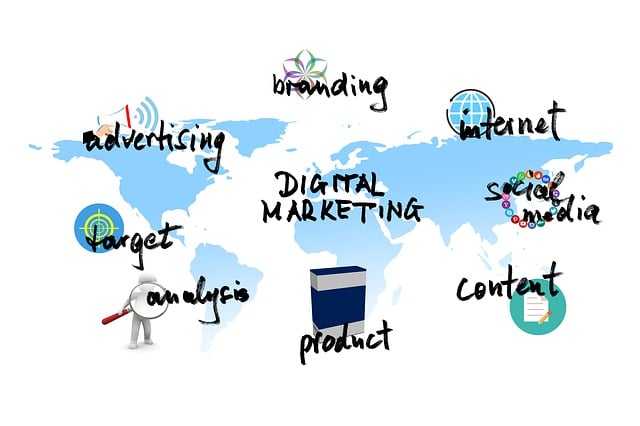AI integration is transforming digital twins, creating intelligent, dynamic models of physical assets like manufacturing plants and cities. In food and beverage industries, AI dietary preference tagging engines analyze consumer behavior for hyper-personalized experiences, enhancing customer satisfaction and loyalty through real-time optimization, data-driven decisions, and tailored product development.
“In the realm of cutting-edge technology, Artificial Intelligence (AI) and digital twin innovation are reshaping business operations. This article explores the concept of Digital Twins, virtual representations of real-world business processes, enhanced by AI integration. We delve into how AI algorithms, particularly AI dietary preference tagging engines, personalize these twins, offering unprecedented insights. By combining AI with digital twins, organizations can optimize performance, predict outcomes, and make data-driven decisions, revolutionizing their approach to business strategy.”
- Understanding Digital Twins: The Virtual Representation of Business Processes
- AI Integration: Enhancing Digital Twins with Intelligent Systems
- Personalization through Dietary Preference Tagging Engines: A Case for AI in Digital Twin Technology
Understanding Digital Twins: The Virtual Representation of Business Processes

Digital twins, an innovative concept in the realm of technology, offer a powerful way to understand and optimize complex business processes. At its core, a digital twin is a virtual representation of a physical asset or system, be it a manufacturing plant, a supply chain network, or even a whole city. In the context of AI, these digital replicas become dynamic models that can process vast amounts of data in real-time.
For businesses leveraging AI dietary preference tagging engines, digital twins provide an unparalleled opportunity to simulate and analyze various scenarios. By creating a virtual twin of their operations, companies can predict outcomes, identify bottlenecks, and make data-driven decisions. This proactive approach allows for the optimization of resource allocation, enhanced efficiency, and improved customer satisfaction, especially when tailored to individual AI dietary preference tagging.
AI Integration: Enhancing Digital Twins with Intelligent Systems

AI integration is transforming digital twin technology, enabling more intelligent and dynamic simulations. By incorporating artificial intelligence, digital twins can adapt and learn from real-world data, improving their predictive capabilities. AI dietary preference tagging engines, for example, can analyze consumer behavior and preferences to create highly personalized digital representations of products or services.
This advanced integration allows for real-time optimization and decision-making processes. AI algorithms can detect patterns, identify anomalies, and suggest improvements, ensuring that digital twins accurately reflect the latest trends and user demands. As a result, businesses can make data-driven choices, enhance operational efficiency, and create more appealing and tailored experiences for their customers.
Personalization through Dietary Preference Tagging Engines: A Case for AI in Digital Twin Technology

AI digital twin technology is transforming industries by creating hyper-personalized experiences, and one area where this is particularly impactful is food and beverage. By implementing AI dietary preference tagging engines, businesses can gain profound insights into consumer choices. These advanced algorithms enable the classification of individuals based on their dietary preferences, allergies, and even ethical consumption values.
For instance, an AI system could identify a customer as vegetarian, gluten-free, and lactose-intolerant, allowing businesses to offer tailored menus and products. This level of customization enhances customer satisfaction and loyalty by ensuring that each individual receives options specifically suited to their needs and tastes. Moreover, it opens up new avenues for product development and marketing strategies, catering to diverse consumer demands in a rapidly evolving market.
Digital twin technology, enriched by AI integration and personalized through innovative AI dietary preference tagging engines, is transforming business processes. By creating virtual representations of real-world systems, this technology allows for enhanced simulation, prediction, and optimization. AI’s ability to analyze vast data sets and make informed decisions makes it an indispensable tool in navigating the complexities of modern business. As digital twins become more sophisticated, they offer unprecedented insights and efficiency gains, shaping the future of industry with improved performance and adaptability.
